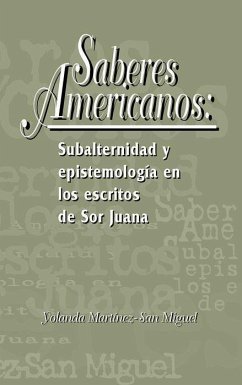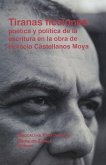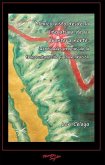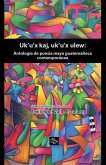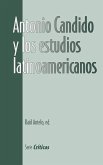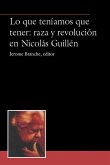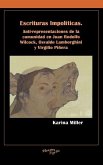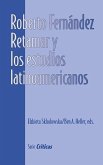Sor Juana's work shows a very marked interest in knowledge and the description of the processes of knowledge acquisition and the development of human intellectual capacity in a very particular context; a colonial society that tries to access a series of official debates on education and legitimate ways of knowing of the time. This work studies this theme in Sor Juana's writings in a desire to contextualise her treatment of knowledge in a reflection on the way in which her texts postulate the creation of a female, colonial, and American intellectual subjectivity. Since the beginning of the century, the epistemological reading of Sor Juana has interpreted the author and her work within the model of Descartes, Plato or Aristotle, but her feminine and colonial condition has been completely excluded from the analysis, leaving aside one of the fundamental aspects of these texts: who is speaking and what strategies they use to authorise themselves. More recent studies by various female authors have already begun to explore the intersection between epistemology and the female condition. At the same time, the recent reconfiguration of the field of colonial studies has triggered an enrichment in colonial writing studies. This work, then, focuses on how the female, colonial and Creole subject tries to authorise herself to enter a traditionally masculine and Eurocentric discourse.

